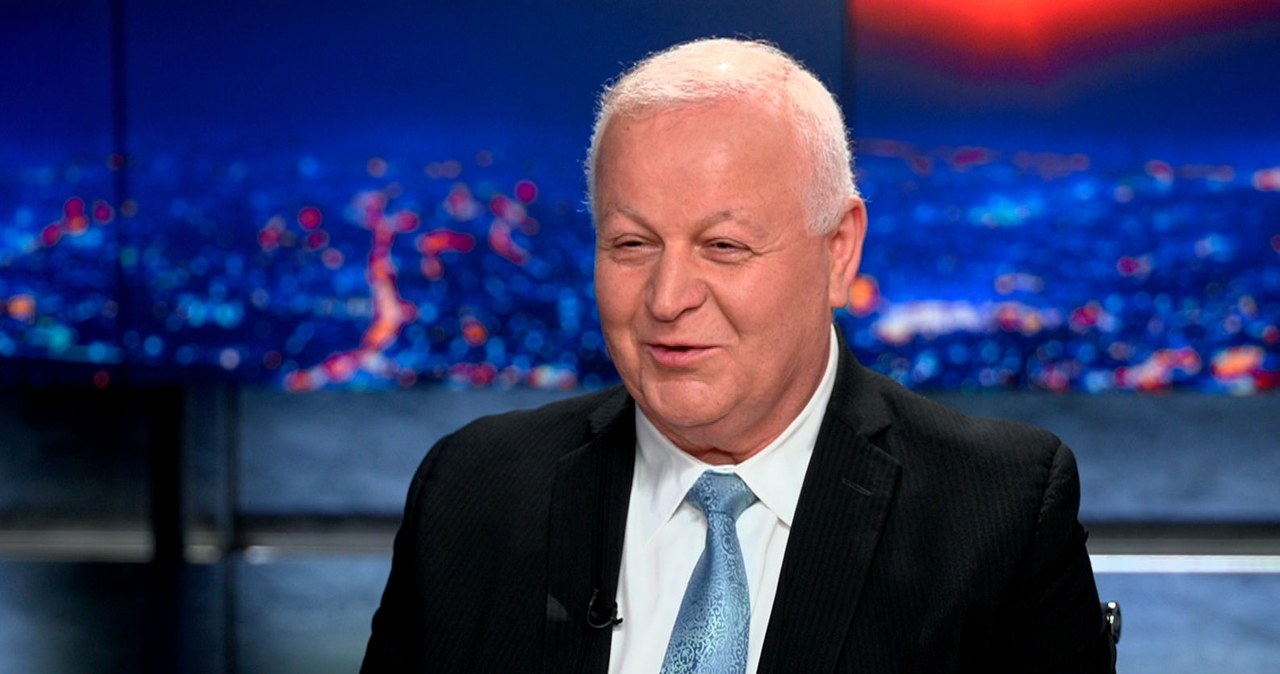The Government's counter-terror programme Prevent should expand to include people fascinated by extreme violence, even without clear ideological motives, according to a new watchdog report. Independent Prevent Commissioner David Anderson KC has recommended the deradicalisation initiative remain open to those with no fixed ideology.
The review examined lessons from high-profile cases including the murders of MP Sir David Amess by Ali Harbi Ali and the Southport attack by Axel Rudakubana. Lord Anderson said "intensive" efforts have improved processes, but the "jury is out" on some changes.
Programme needs major overhaul
"A huge amount of effort has already gone into making Prevent a stronger programme than the one which failed to deal in 2014 with the future killer of Sir David Amess," Lord Anderson said. He added that whilst recent initiatives following the Southport murders will reduce chances of similar failings, more work is needed.
The commissioner emphasised that people with fascination for extreme violence should be suitable for Prevent intervention, regardless of ideology. In the longer term, he believes Prevent could work better as part of a comprehensive violence prevention and safeguarding strategy.
Cabinet task force recommended
The report recommended establishing a Cabinet Office task force to explore formally connecting Prevent to broader violence prevention systems. This comes as Commission for Countering Extremism commissioner Robin Simcox warned such changes would fundamentally alter Prevent's nature.
Speaking to the Commons Home Affairs Committee on Tuesday, Simcox said shifting focus towards extreme violence cases would mean the system "isn't really a counter-terrorism programme any more". He warned Prevent should "brace itself for an awful lot of referrals".
Digital world challenges highlighted
The report called for Prevent to "up its game in the online world, where most radicalisation takes place". Lord Anderson noted that approaches to understanding organised terrorist activity from recent decades are "insufficient" for understanding digital movements of self-radicalised extremists.
Online behaviours of such individuals are "increasingly difficult to detect and interpret", the report found. Lord Anderson told MPs the average age of Prevent referrals is now 16, with 40 per cent aged 11-15, meaning they are "dealing here with digital natives".
Referral surge follows high-profile cases
Lord Anderson detailed evidence of a large increase in Prevent referrals in the first quarter of this year following publicity around Rudakubana's case. Reactions to popular Netflix series Adolescence on the theme of "incels" may have also encouraged more referrals.
Latest figures for 2023-2024 show 36 per cent of 6,921 Prevent cases involved concerns of vulnerability but no ideology or counter-terror risk. Extreme right-wing cases made up 19 per cent, whilst conflicted ideology accounted for 18 per cent.
Families express anger over handling
Radd Seiger, adviser to Sir David Amess's family, said they are "deeply upset" and "frankly offended" by the Home Office's handling of the report. The family received "next to no notice" of timing or advance sight of the report, with media leaks adding further insult.
Mr Seiger said they also received a "dismissive" letter from the Home Secretary, designed to "protect the Government following its failings" rather than support them. The review follows earlier findings that both Rudakubana's and Harbi Ali's cases were closed prematurely due to problematic assessments.
(PA/London) Note: This article has been edited with the help of Artificial Intelligence.









